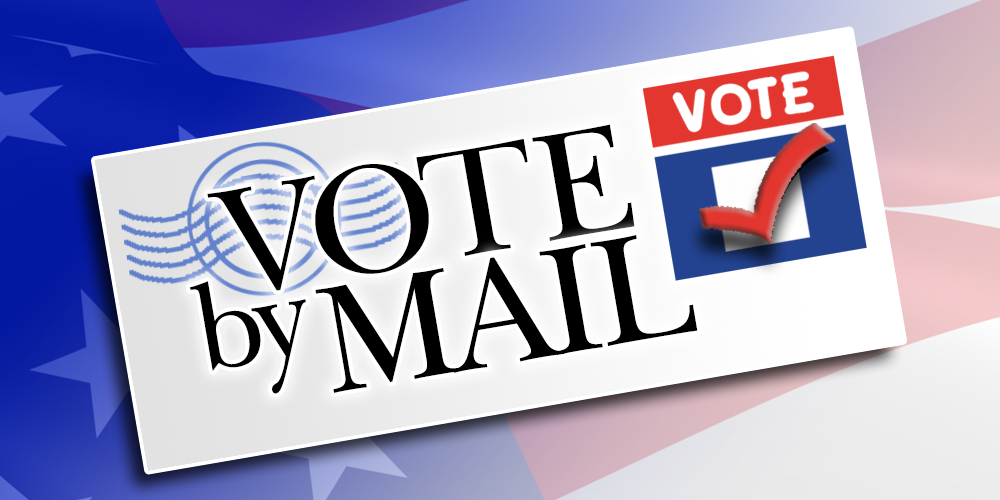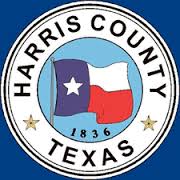I think they’re done now? It’s hard to say for sure from the story.

With more than 1.1 million ballots cast, Harris County on Thursday still was counting ballots from Tuesday’s election.
The county filed a request for an extension Wednesday evening to get more time to complete its preliminary, unofficial count beyond the 24-hour deadline mandated by the Texas Election Code.
The state’s 24-hour rule to complete the Election Day tally is not new, but county officials said this is the first year Harris County is bumping up against the deadline because the county has implemented a paper ballot record, which is now required under state law. The county exceeded the deadline during this year’s March primaries.
[…]
A member of the county’s canvassing authority filed the motion Wednesday to obtain the court order allowing the county more time to process ballots, which a state district judge granted that night.
Leah Shah, a spokesperson for the Harris County Elections Administrator’s office, attributed the delays to the addition of paper ballot records and said the county anticipates it will finish counting by the end of the Thursday.
“When introducing paper voter records into the process we are now accounting not only for the processing of mail ballots, but also the processing of emergency slot ballots,” Shah said.
Emergency slot ballots are paper voter records that were not scanned at the polling location, which could happen for multiple reasons, including paper jams.
The county received 1,099 mail ballots on Election Day, along with 857 emergency slot ballots, according to the county.
All of those paper records had to be processed by the Early Voting Ballot Board before they could be counted. The board is made up of an equal number of representatives appointed by the county’s Republican and Democratic political parties.
There have been four Unofficial Results reports released since Wednesday morning. The date and time are in the files’ names.
CumulativeReport-20221109-04:51, with 1,094,415 total votes, 55,393 mail ballots, and 1,039,022 in person ballots.
CumulativeReport-20221109-08:46, with 1,096,633 total votes, 55,393 mail ballots, and 1,041,240 in person ballots.
CumulativeReport-20221109-17:10, with 1,100,979 total votes, 59,186 mail ballots, and 1,041,793 in person ballots.
CumulativeReport-20221110-14:42, with 1,102,097 total votes, 60,302 mail ballots, and 1,041,795 in person ballots.
As I said, it’s not clear to me if they are done – the Chron story had a publication time of 2:50 PM yesterday, which would correspond with that last updated file, but it also refers to “the end of the day”. I’m drafting this at about 8 PM and haven’t seen anything new, so maybe we’re done pending any provisional ballots. At some point I hope to do an interview with Clifford Tatum, and when I do I’ll ask him for an explanation of this. In the meantime, as I appended to yesterday’s post about the order extending the deadline to vote to 8 PM and the SCOTx ruling that put that aside, the closest race is now one in which the incumbent, 180th District Criminal Court Judge Dasean Jones, trails by 165 votes. If there are still votes, even provisional votes, to be counted, it is possible – still not likely, but possible – Jones could pull ahead. All we can do now is wait and see.
Tatum came in to run this election quite late in the game, and as we know Harris County is still new to the machines with the printers. I thought early voting went pretty smoothly, but there were some significant disruptions on Election Day – some of which were outside the county’s control – and while we were adequately warned about the count taking awhile and the HarrisVotes Twitter account was good about providing updates during the night, we really do need to get the count finished faster than this. I mean, we had 550K more voters in 2020, though the number on Election Day was smaller then because so many people voted early. The point is, the potential for this to be messier in two years unless things improve is significant. It’s going to take more resources and a better plan to collect the votes and get them processed. We need to get started on that ASAP.
UPDATE: Here’s the 8:15 PM version of the Chron story.
The Harris County Elections Office finished its preliminary count Thursday afternoon of more than 1.1 million votes from Tuesday’s election, following its request for an extension to finish its tally beyond the 24-hour deadline set by the state election code.
The county’s submission of the results to the state came shortly after the Harris County Republican Party said it plans to sue the office over claims that polling locations faced paper shortages on Election Day.
The state’s 24-hour rule to complete the Election Day tally is not new, but county officials said this is the first year Harris County has bumped up against the deadline because of the introduction of a paper ballot record now required under state law. The county exceeded the deadline during this year’s March primaries, too.
After receiving the extension, all ballots subject to the 24-hour rule had been counted by 3:12 p.m., according to the elections office. A spokesperson with the Texas Secretary of State’s office confirmed Harris County reported its final results shortly before 5:00 p.m.
At an afternoon press conference, Andy Taylor, the Harris County GOP’s legal counsel, criticized the county’s new Elections Administrator Clifford Tatum, saying the election was poorly run and the GOP is investigating claims that paper shortages occurred at 23 voting locations on Election Day, which Taylor claimed were all located in Republican precincts.
“We will, if those facts support what we believe to be true, file a lawsuit and we will have a day of reckoning in the courtroom for Administrator Tatum and all of his folks,” Taylor said.
Tatum has denied that the county ignored requests to deliver additional paper.
“I have staff in the field at this very moment delivering paper to any location that’s requested,” Tatum said Tuesday evening. “We’ve been delivering paper throughout the day.”
[…]
In response, Harris County Democratic Party Chair Odus Evbagharu said the reconciliation form is designed to be preliminary and unofficial.
“There is literally a disclaimer on this form that says ‘these numbers are subject to change as information is verified after Election Day,'” Evbagharu said. “It’s a snapshot in time of what the numbers are. That’s why we have a canvass. That’s why we have 10 days after to make sure that all of these things are right.”
Evbagharu said that while the reconciliation form is new under a state law passed in 2021, the vote counting process also took time to verify under Republican Stan Stanart, who ran Harris County elections for eight years until 2018.
“They never reconciled it in 24 hours,” Evbagharu said. “The only difference now is that you have it on paper so now they can make a big deal about it.”
He also disputed the claim that election problems only occurred in Republican strongholds, citing voting difficulties residents experienced in Houston’s predominantly Latino East End.
“They’re just now crying into the abyss because they lost,” Evbagharu said. “If I spent $20 million on an election and all I can say is I got a couple judicial seats, I’d be pissed, too. So, I’m not surprised if (Richard) Weekley and Mattress Mack and all these people are calling them like, ‘what the hell did you do with all of our money?'”
[…]
Secretary of State spokesman Sam Taylor said the office’s election trainers on the ground in Harris County Tuesday night observed several members of the early voting ballot board, which processes mail and provisional ballots from prior to Election Day, as well as staff counting regular ballots, leave in the middle of counting.
That “certainly contributed to the delay due to a shortage of people to continue the counting process,” he said.
The early voting ballot board consists of a small group of people appointed by the county elections administrator, sheriff and two major political party chairs, selected from lists submitted by the parties.
We’ll see what happens next. Threatening to sue is a lot easier than suing, which in turn is a lot easier than winning. I personally would like to know more about who wasn’t there during the counting and why. Things will happen, and people will have needs that come up and can’t be helped, but if that is a factor, it needs to be addressed going forward.
















